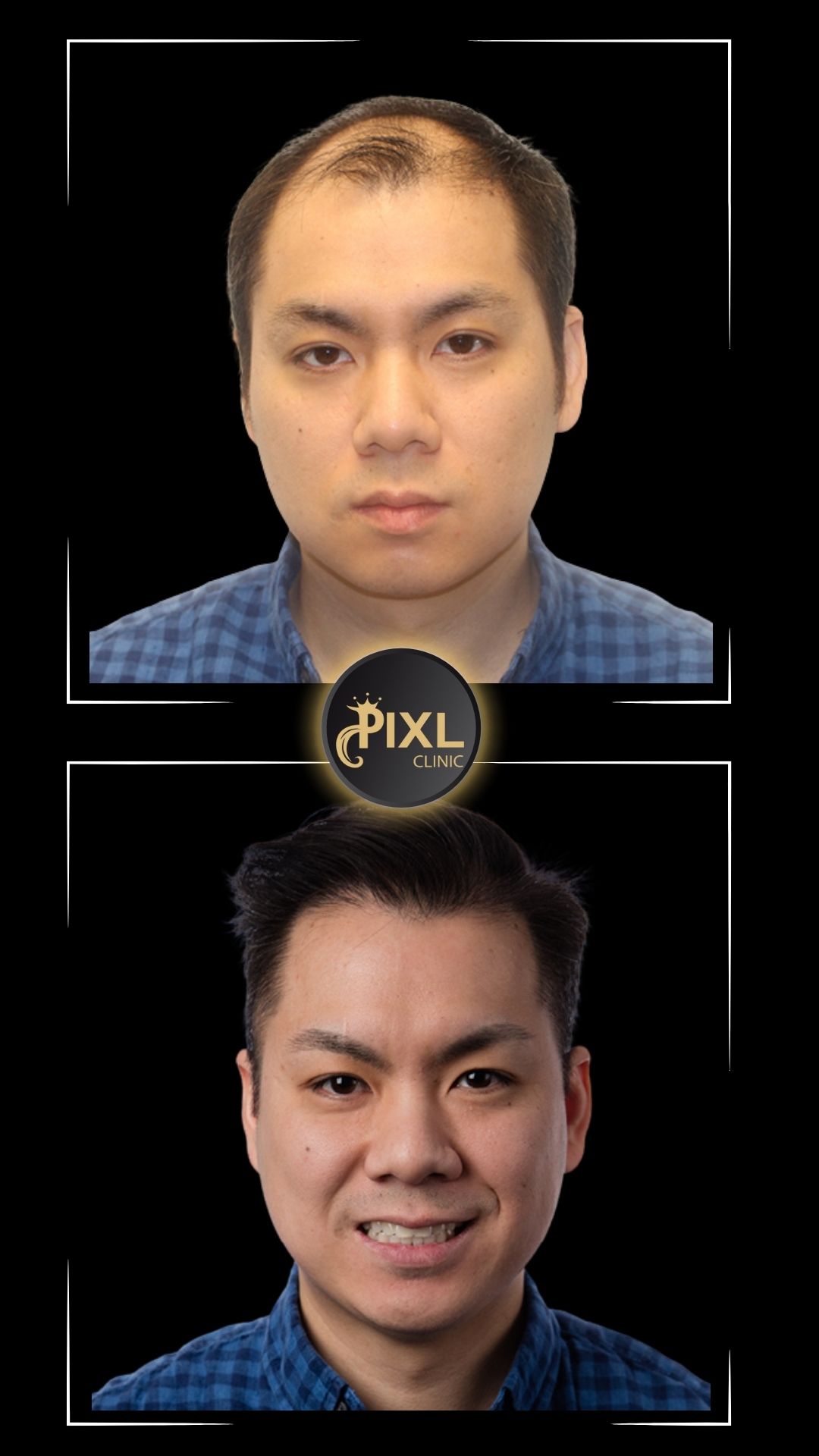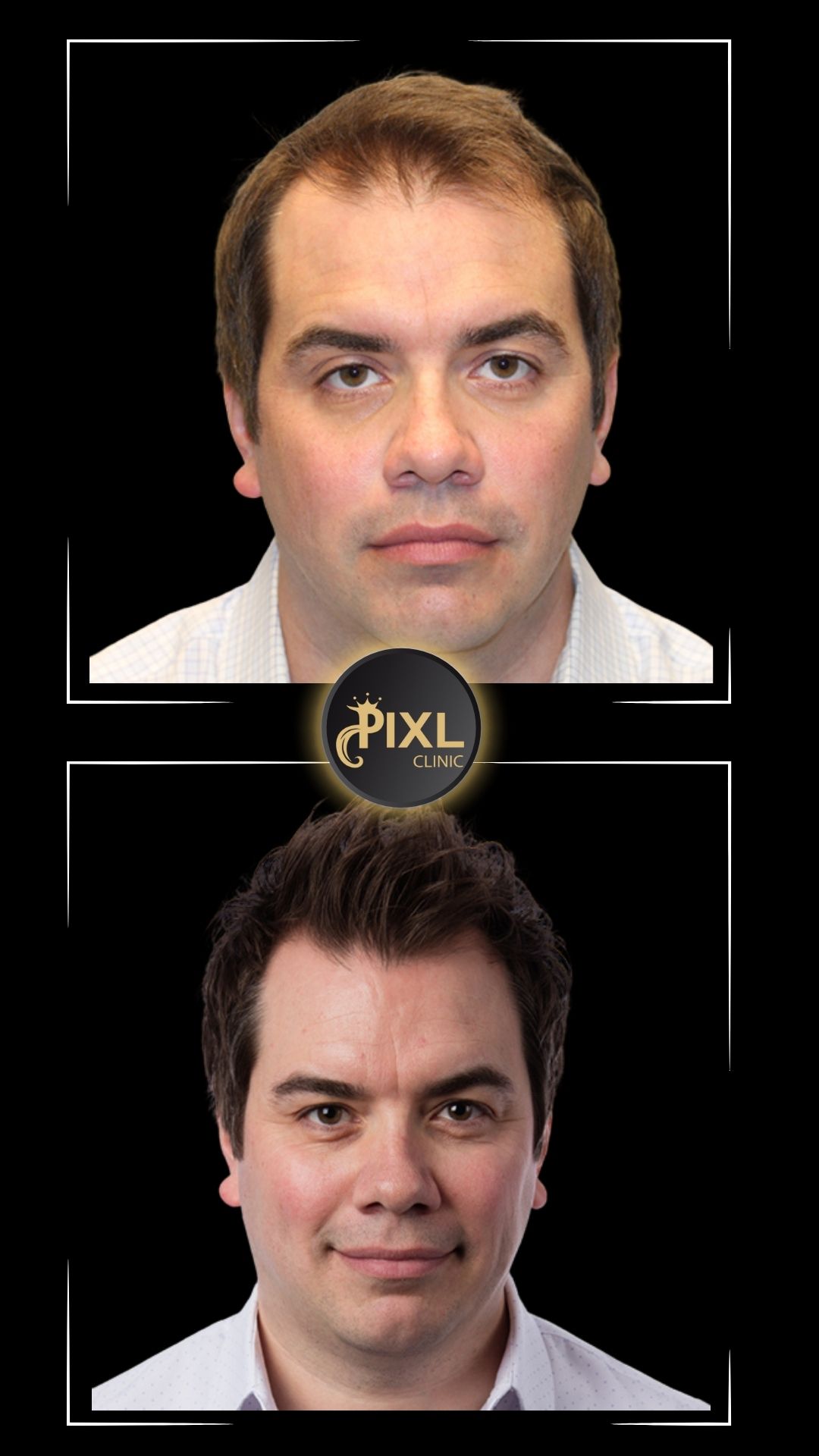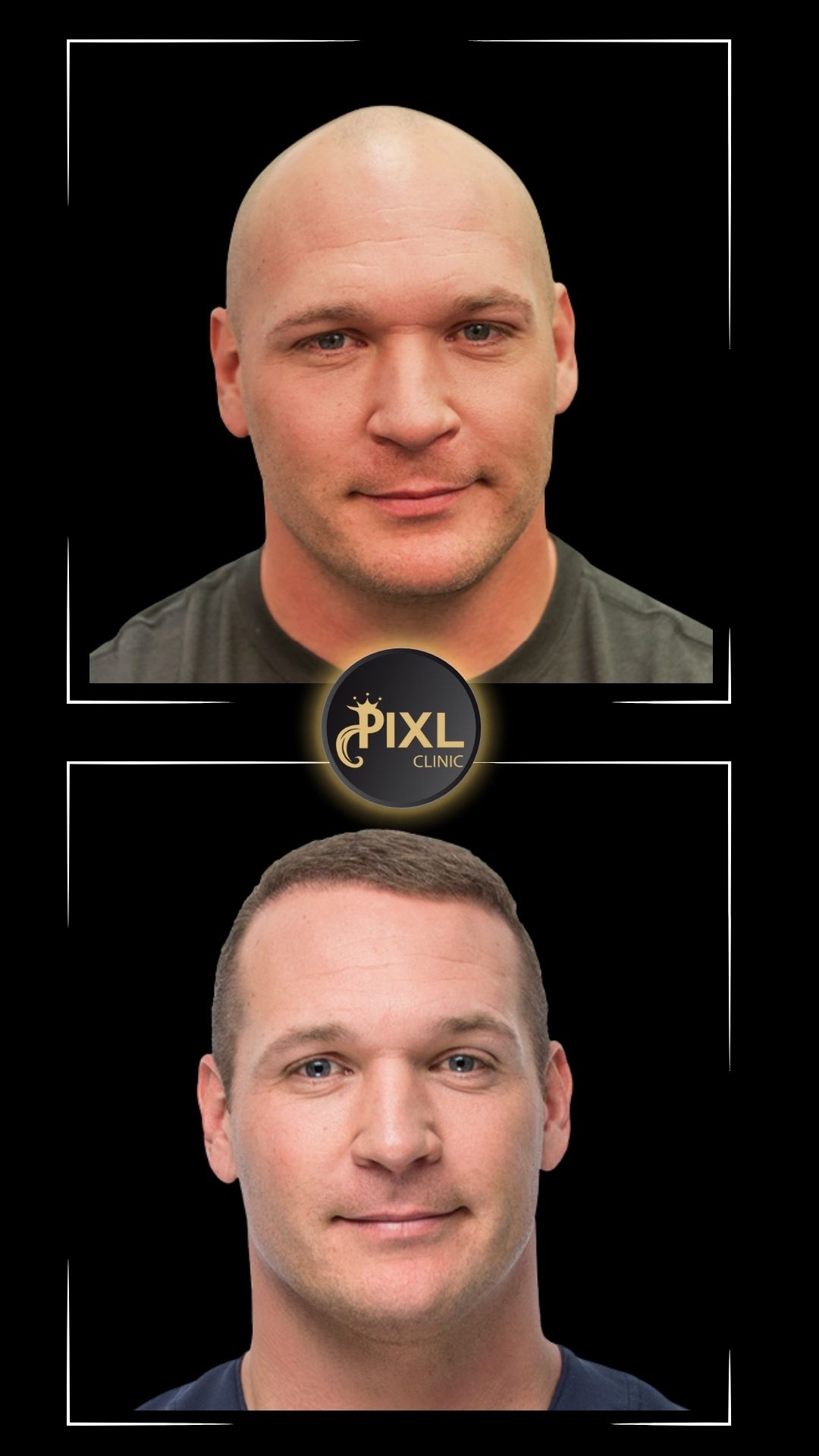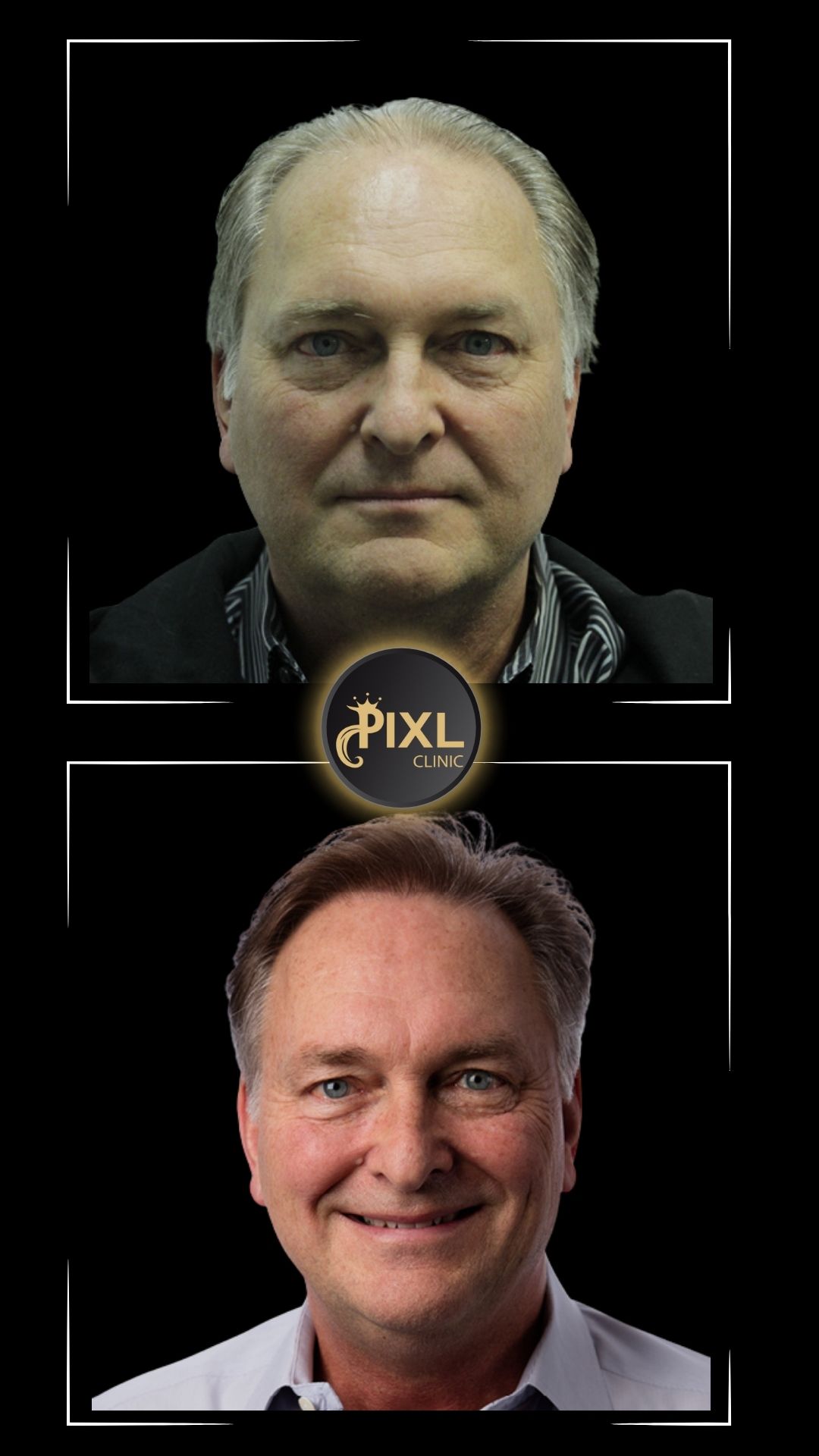Hair Transplant in South Korea vs. Turkey: A Comprehensive Comparison
Hair transplants have become a popular solution for hair loss, and two of the most sought-after destinations for the procedure are South Korea and Turkey. While both countries are recognized for their expertise in medical tourism, they cater to different needs in terms of cost, quality, and patient experience. Here’s an in-depth comparison to help you decide which destination might be the best choice for your hair restoration journey.
Cost Comparison
- Turkey: Known as the global hub for hair transplants, Turkey offers some of the most affordable procedures in the world. Prices typically range between $1,500 and $4,000, depending on the technique and number of grafts. These competitive costs are attributed to Turkey’s lower cost of living, favorable exchange rates, and government incentives for medical tourism.
- South Korea: South Korea is famous for its cutting-edge medical technology and precision, but the costs are significantly higher than in Turkey. Hair transplant procedures in South Korea typically range from $6,000 to $15,000, reflecting the country’s focus on quality and advanced techniques.
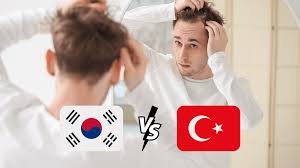
Quality and Expertise
- Turkey:
Turkey’s hair transplant industry performs thousands of procedures daily, with Istanbul being the epicenter. Many Turkish clinics specialize exclusively in hair transplants and employ experienced surgeons who have handled diverse cases. Advanced techniques like FUE (Follicular Unit Extraction) and DHI (Direct Hair Implantation) are commonly practiced. However, the large number of clinics means quality can vary, so thorough research is essential. - South Korea:
South Korea is renowned for its precision and innovation in cosmetic procedures, including hair transplants. Clinics emphasize advanced surgical techniques and a tailored approach to individual patients. Korean clinics are often associated with natural, aesthetically pleasing results, which align with the country’s focus on beauty and appearance. The level of personalization and use of cutting-edge technology is a key selling point.
Techniques and Innovation
- Turkey:
Turkey excels in popular techniques such as FUE and DHI, offering highly efficient procedures with natural results. Many clinics have streamlined the process to cater to high patient volumes while maintaining quality. Some clinics offer robotic-assisted transplants for precision. - South Korea:
South Korean clinics are known for their innovative approaches and advanced technologies, including Robotic Hair Transplants and unique variations of FUE tailored to Asian hair types. The emphasis is often on achieving a natural, dense look, with attention to artistic detail.
Cost Transparency and Packages
- Turkey:
Turkish clinics often provide all-inclusive packages covering the procedure, accommodation, airport transfers, and medications. These packages make the process convenient and cost-effective for international patients. - South Korea:
South Korean clinics typically do not offer comprehensive packages, and costs are often broken down by the number of grafts. While this allows for transparency, it may result in higher overall expenses for international patients.
Travel and Accessibility
- Turkey:
Istanbul is easily accessible from most major cities worldwide, with affordable flights and a well-established medical tourism infrastructure. Many clinics cater specifically to international patients, with multilingual staff ensuring a smooth experience. - South Korea:
South Korea is a global leader in medical tourism, particularly for cosmetic procedures. However, the distance and cost of travel can be a barrier for patients from Europe or the Americas. That said, Seoul is well-connected to major cities in Asia and offers a world-class healthcare experience.
Aftercare and Follow-Up
- Turkey:
Many Turkish clinics include aftercare services in their packages, but follow-up care is often conducted remotely due to the distance for international patients. Clinics provide detailed instructions and virtual consultations to ensure proper recovery. - South Korea:
South Korea emphasizes in-person follow-up care, particularly for local patients. International patients may find it challenging to return for follow-ups, but clinics often provide detailed post-op care plans and remote support.
Cultural and Aesthetic Approach
- Turkey:
The aesthetic approach in Turkey focuses on achieving a natural look, suitable for various hair types and ethnicities. With experience catering to a global clientele, Turkish clinics are adept at customizing results for diverse patients. - South Korea:
South Korea’s aesthetic philosophy emphasizes subtle, natural-looking results. The country’s expertise in cosmetic surgery extends to hair transplants, with an emphasis on perfection and blending seamlessly with the patient’s features.
Which Is the Right Choice for You?
- Choose Turkey if…
- You are on a budget and looking for an affordable, high-quality solution.
- You want an all-inclusive package for convenience.
- You value the experience of clinics handling high volumes of international patients.
- Choose South Korea if…
- You prioritize innovation, cutting-edge technology, and a personalized approach.
- You are willing to invest in premium results with a focus on aesthetics.
- You are based in or near Asia and prefer a shorter travel distance.
Both Turkey and South Korea are excellent destinations for hair transplants, but they cater to different needs. Turkey leads in affordability, efficiency, and convenience, while South Korea stands out for innovation, precision, and its emphasis on aesthetics.
When deciding, consider your budget, proximity, and the level of care you desire. Whichever you choose, thorough research, clinic reviews, and consultations with experienced surgeons will help you achieve the confident, natural-looking results you’re aiming for.
Hair Transplant South Korea vs Turkey: FAQ
Why is hair transplantation cheaper in Turkey compared to South Korea?
Turkey’s lower cost of living, favorable exchange rates, and government incentives for medical tourism allow clinics to offer affordable procedures. South Korea, on the other hand, is known for its cutting-edge technology and personalized approach, leading to higher costs.
What is the average cost of a hair transplant in South Korea and Turkey?
- Turkey: $1,500 to $4,000, often including all-inclusive packages.
- South Korea: $6,000 to $15,000, depending on the clinic, graft count, and technology used.
Which country offers better quality?
Both countries provide high-quality hair transplants:
- Turkey: Known for its experience and efficiency, performing thousands of procedures daily with proven techniques like FUE and DHI.
- South Korea: Focuses on precision, innovation, and aesthetic perfection, often using advanced techniques tailored to individual needs.
What techniques are used in both countries?
- Turkey: Popular techniques include FUE (Follicular Unit Extraction), DHI (Direct Hair Implantation), and even robotic-assisted procedures.
- South Korea: Known for its advanced technologies, including robotic hair transplants and customized FUE methods designed for specific hair types.
Do clinics in South Korea and Turkey offer all-inclusive packages?
- Turkey: Yes, most clinics provide packages covering accommodation, airport transfers, medications, and aftercare.
- South Korea: Packages are less common, and costs are typically based on the procedure and the number of grafts.
How long do I need to stay in the country for the procedure?
- Turkey: 3–5 days, as most clinics bundle consultations, procedures, and initial aftercare into a short visit.
- South Korea: Similar duration, though follow-ups may require additional visits.
Is language a barrier in either country?
- Turkey: Clinics catering to international patients often have multilingual staff fluent in English, Arabic, and German.
- South Korea: English is commonly spoken in major clinics, but multilingual support may not be as extensive as in Turkey.
How do I ensure the clinic is reputable?
- In both countries:
- Read reviews and patient testimonials.
- Check the surgeon’s credentials and experience.
- Look for accreditation from reputable medical organizations.
- Request before-and-after photos from previous patients.
How is aftercare handled in South Korea and Turkey?
- Turkey: Aftercare is included in most packages but is often done remotely for international patients. Clinics provide detailed recovery guidelines and offer virtual follow-ups.
- South Korea: Emphasizes in-person follow-ups, though international patients may need to rely on remote guidance if returning is not feasible.
What are the travel costs and accessibility for these countries?
- Turkey: Easily accessible, especially for European, Middle Eastern, and North African patients, with affordable flights to Istanbul.
- South Korea: Ideal for patients from Asia or those willing to invest in premium healthcare and travel experiences.
How long does it take to see results from a hair transplant?
In both countries, results typically appear in 6–12 months. Initial shedding (shock loss) occurs within the first few weeks, followed by gradual regrowth.
Which country is better for medical tourism?
- Turkey: A leader in medical tourism, offering affordable procedures with all-inclusive packages and well-established infrastructure for international patients.
- South Korea: Renowned for its expertise in cosmetic procedures, including hair transplants, but with a focus on quality over quantity, making it a premium choice.
Who should choose Turkey for a hair transplant?
- Patients seeking an affordable solution without compromising quality.
- Those who value convenience with all-inclusive packages.
- International patients looking for clinics with extensive experience in hair transplants.
Who should choose South Korea for a hair transplant?
- Patients who prioritize cutting-edge technology and tailored results.
- Those willing to pay a premium for a highly personalized experience.
- Patients located in or near Asia, for whom South Korea is more accessible.
Are hair transplants permanent?
Yes, in both countries, hair transplants are considered a permanent solution. Transplanted hair follicles are resistant to DHT (the hormone responsible for hair loss). Proper aftercare and maintenance are essential for long-term success.


